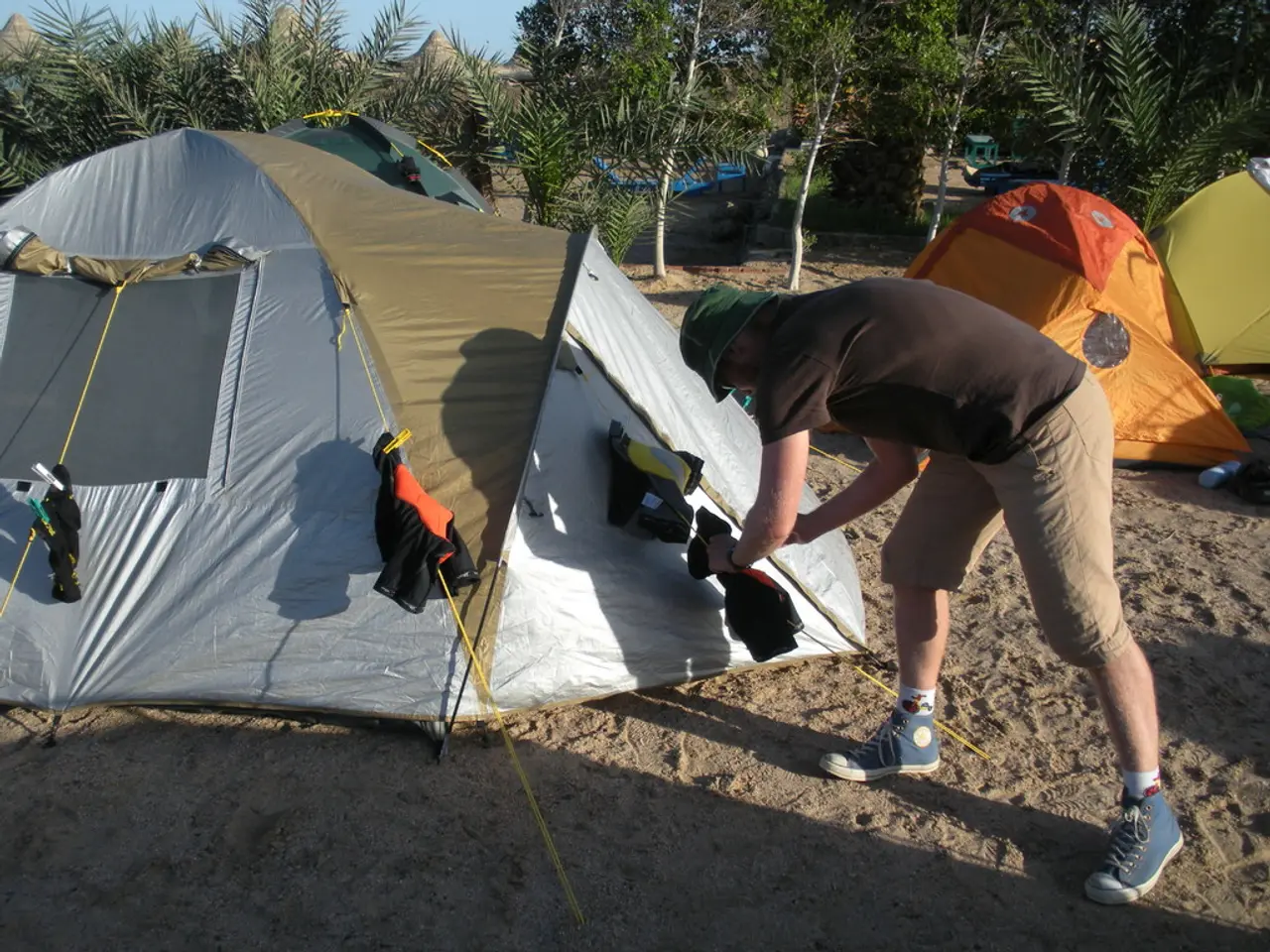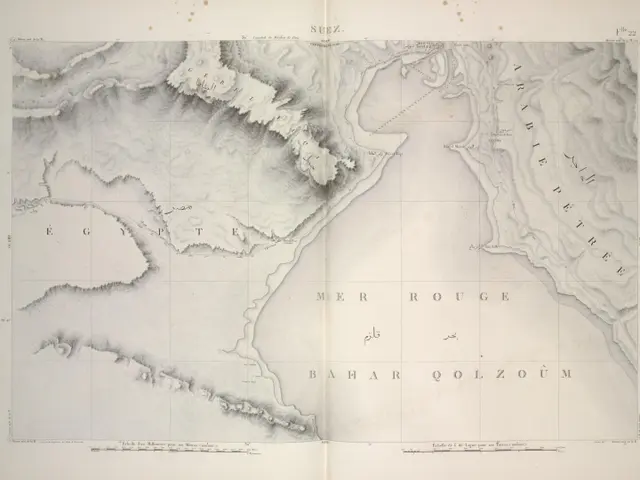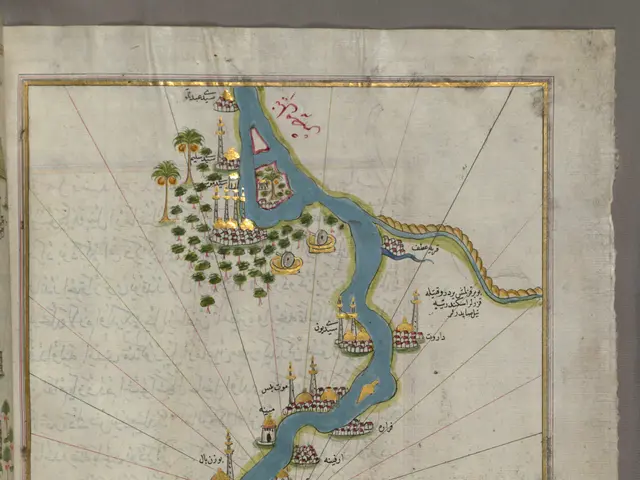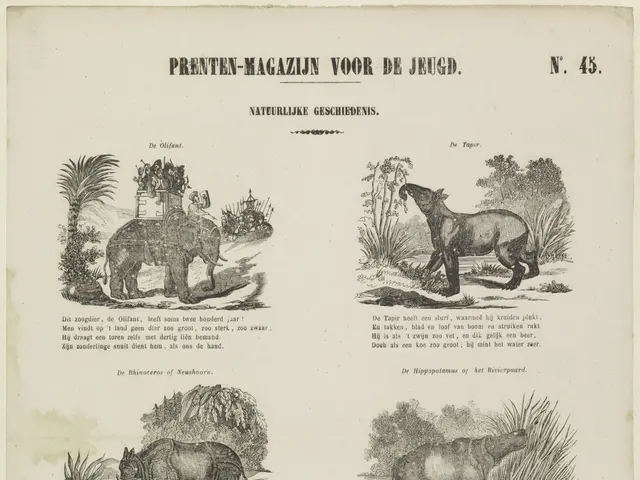Tourist from Germany Discovered Alive following a 12-day Ordeal in the Australian Outback
In a remarkable tale of survival, 26-year-old Carolina Wilga, a German tourist, has been found alive after nearly two weeks in the harsh Australian Outback. Wilga went missing on June 29, and her van was discovered on July 10 near Beacon, Western Australia.
The ordeal began when Wilga's Mitsubishi van, equipped with solar panels and reserves of drinking water, became stuck in the wilderness. The vehicle was found with orange plastic traction mats under the rear wheels, indicating it had become stuck in the mud. This situation likely forced Wilga to abandon the vehicle and navigate the challenging terrain on foot.
Despite her efforts to maintain contact, Wilga's phone was turned off, hindering her ability to call for help. The police search focused on her van, but she was not found until July 11 by a passerby.
Wilga's survival can be attributed to several factors. Her previous backpacking experiences in Australia may have given her some knowledge of wilderness survival and the local environment. Her physical condition, although severely affected by mosquitoes, was not detailed. However, her ability to endure the harsh conditions and survive for nearly two weeks suggests a level of resilience.
The Australian Outback poses significant challenges, including extreme temperatures, limited water sources, and isolation. Wilga's ability to find shelter and possibly locate water sources would have been crucial to her survival. Her mental resilience, the ability to stay focused and hopeful, also played a significant role.
Wilga was found in a fragile state but had no serious injuries and was flown to a hospital in Perth for treatment. The news of her survival is considered a "great result" for her family and those involved in the search, as her story is expected to be remarkable due to the challenging conditions she coped with in the Outback.
It is believed that Wilga became lost and was not the victim of crime. The search for her involved ground teams scouring a 300-meter radius beyond her van on Friday. The van was spotted by a police helicopter crew in the Karroun Hill Nature Reserve, 36 kilometers north of Beacon, on Thursday. The reserve covers more than 300,000 hectares.
Beacon, where Wilga was last seen on June 29, is a small wheat farming town with a population of 123, located 320 kilometers northeast of Perth, Western Australia. The Thursday-Friday overnight temperature in the area was 2.6 degrees Celsius with no rain.
It's important to note that Carolina Wilga's survival story is unrelated to the notorious Australian serial killer Ivan Milat, who kidnapped and murdered seven backpackers from 1989 to 1992, including three Germans, two Britons, and two Australians.
This incredible story serves as a testament to human resilience and the will to survive in the face of adversity. The exact details of how Wilga survived are not fully documented, but her overall situation suggests a combination of preparation, the equipment she had with her, and sheer determination played a significant role in her survival.
Australia's harsh Outback, where a 26-year-old German tourist, Carolina Wilga, endured for nearly two weeks, offers a unique testament to adventure-travel resilience. Despite the challenges posed by extreme temperatures, limited water sources, and isolation, Wilga's stunning survival is credited to her past lifestyle of backpacking in Australia, her physical strength, and mental fortitude, which enabled her to navigate the Australian Outback's rugged terrain and find shelter and possible water sources.





